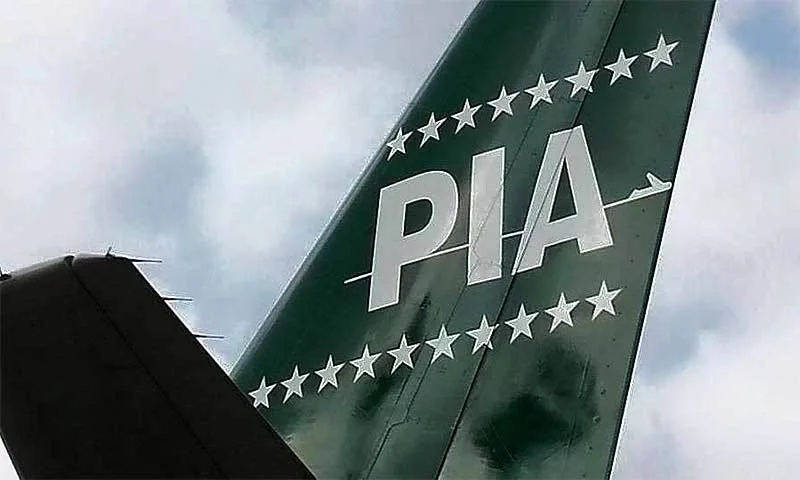Concerns Over Foreign Investment in Pakistan International Airlines (PIA) and the Need to Protect Pakistan’s Aviation History.
There has been heated debate all throughout Pakistan over the possibility of privatizing Pakistan International Airlines. There are those who support privatization and those who oppose it. Those in favor claim it will improve operational efficiency and the economy, while those against it worry it will dilute national identity and sovereignty.
While this report does not support selling PIA to foreign investors, it does examine the difficulties associated with privatizing the company. Pakistan has an obligation to preserve its aviation heritage and continue to exercise leadership over this vital national asset.
Why It Makes Sense to Sell Off Company Assets Privatization advocates argue that PIA would do better in times of economic uncertainty if it had the backing of private investors. They argue that privatization might improve service quality and boost global competitiveness while reducing the financial burden on taxpayers. However, who will ultimately run the show and benefit from the airline’s activities? That problem arises because of this choice.
Read More
The Pros and Cons of Foreign Ownership: Some people are hesitant to sell PIA to investors from other countries, even if they can bring a lot of money and expertise. Potentially jeopardizing Pakistan’s strategic orientation and interest protection is the sale of PIA to multinational firms. Employees in Pakistan could lose their jobs, and Pakistan’s reputation in the aviation industry could take a hit.

Pakistan International Airport (PIA) is an integral aspect of Pakistani culture and identity and a means of safeguarding Pakistani national pride, representing Pakistan’s aspirations for increased wealth and worldwide connectedness. Pakistan International Airlines has been a vital cog in Pakistan’s worldwide aviation business and country promotion wheel since its founding in 1955. There is a concern that selling PIA to outside investors may dilute the airline’s proud history and national identity.
long-term sustainability of PIA:
Number four: lessons learned—we may learn a lot from Pakistan’s privatization past. There have been some successful privatized organizations and some that have failed. This highlights the significance of consulting with relevant parties, keeping an eye on regulations, and getting ready for privatization in advance. Jumping toward privatization without adequate safeguards could significantly worsen the long-term sustainability of PIA.
Explore Other Choices: Lawmakers should consider other options to increase PIA’s competitiveness while retaining national control rather than completely privatizing it. Investigating other forms of financing, negotiating partnerships with major international airlines, and improving internal accountability and efficiency are all possible avenues to pursue. Pakistan may secure PIA’s continued status as an enduring emblem of Pakistani brilliance and a wellspring of national pride by maintaining majority ownership.
Pakistan International Airlines’ (PIA) privatization marked a watershed moment in the country’s aviation history and sense of national identity. While privatization could have some good outcomes, there are risks and challenges associated with selling PIA to investors from other countries. By refusing to accept foreign control and instead investigating other options, Pakistan can preserve its aviation legacy and ensure that the PIA remains a symbol of national pride and connection for future generations.
Share this content: